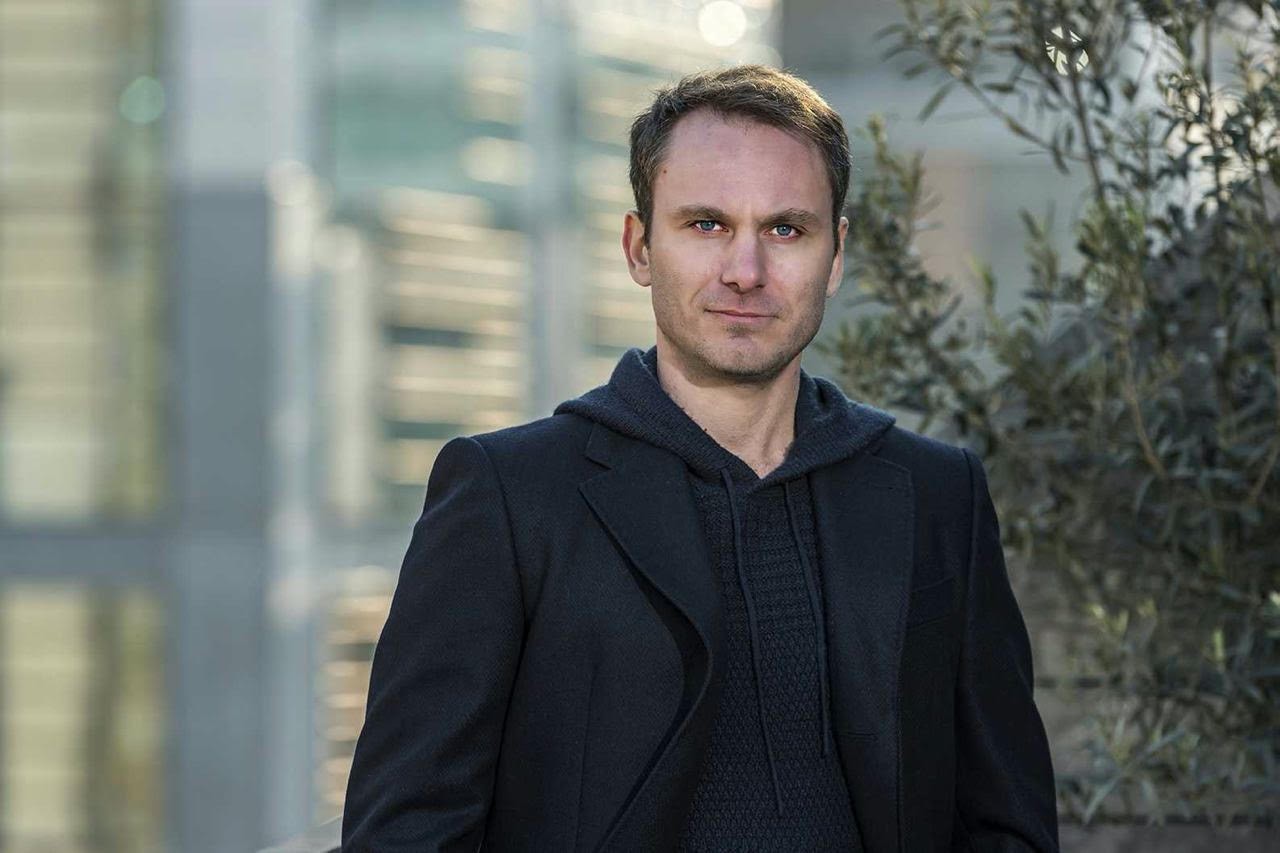Tether CEO Advocates for Balanced U.S. Crypto Regulations
23.10.2024 18:30 2 min. read Kosta Gushterov
During DC Fintech Week, Tether's CEO, Paolo Ardoino, called for rational cryptocurrency regulations in the U.S.
In a remote address, he highlighted Tether’s proactive compliance with global regulators and the need for frameworks that balance innovation with consumer protection.
Ardoino expressed optimism about the emergence of clear regulations, emphasizing their role in safeguarding users while promoting stablecoin advancements. He underscored the significance of U.S. leadership in tech, stating that sensible regulations could be a “lifeline” for people in economically distressed nations.
He also noted Tether’s cooperation with law enforcement across 45 countries, including the FBI and U.S. Secret Service, asserting that few financial firms match Tether’s level of compliance and regulatory relationships. Ardoino cited Tether’s robust financial backing, with 104% over-collateralized reserves primarily in U.S. Treasuries, allowing it to endure significant redemptions in 2022.
The company is exploring lending options for commodities traders to facilitate quicker capital access, which could revolutionize global commodity trading.
In terms of transparency, Ardoino acknowledged past criticisms and reiterated Tether’s commitment to clearer financial disclosures. He emphasized Tether’s role in providing access to U.S. dollar-denominated assets in emerging markets by purchasing substantial amounts of U.S. debt.
Congressman French Hill, also at the event, mentioned potential legislative opportunities for crypto regulations during the “lame duck” session, although the outcomes may depend on the 2024 presidential election. If legislation stalls, Hill indicated that crypto regulations would remain a priority for 2025, particularly with potential leadership changes in the House Financial Services Committee.
-
1
Gemini Launches Tokenized MicroStrategy Stock for EU Users
28.06.2025 9:30 2 min. read -
2
Here is When the U.S. House Will Vote on Key Crypto Bills
04.07.2025 12:00 2 min. read -
3
U.S. Crypto Investors Hit by IRS Letter Surge as Tax Crackdown Looms
29.06.2025 11:00 3 min. read -
4
Ripple Drops Cross-Appeal, Moves to End SEC Case “Once and for All”
28.06.2025 12:30 2 min. read -
5
Europe’s Largest Euro-Denominated Spot Crypto Exchange Secures License Under MiCA
29.06.2025 12:00 2 min. read
Senate Confirms Crypto-Linked Nominee Jonathan Gould to Head OCC
The U.S. Senate has confirmed Jonathan Gould as the next head of the Office of the Comptroller of the Currency (OCC), moving his nomination to President Donald Trump for final approval.
Australia Tests CBDCs in 24 Separate Real-World Finance Use Cases
Australia is stepping up its digital currency efforts with the next phase of Project Acacia, a pilot focused on testing central bank digital currency (CBDC) and tokenized finance in real-world applications.
U.S. Treasury Eliminates Crypto Reporting Rule Targeting Decentralized Exchanges
According to Bloomberg the U.S. Treasury Department has officially eliminated a controversial crypto reporting requirement that targeted decentralized exchanges.
U.S. Lawmakers Target El Salvador With Crypto Sanctions Plan
Three Democratic senators—Chris Van Hollen, Tim Kaine, and Alex Padilla—unveiled a bill aiming to penalize El Salvador’s President Nayib Bukele and his allies.
-
1
Gemini Launches Tokenized MicroStrategy Stock for EU Users
28.06.2025 9:30 2 min. read -
2
Here is When the U.S. House Will Vote on Key Crypto Bills
04.07.2025 12:00 2 min. read -
3
U.S. Crypto Investors Hit by IRS Letter Surge as Tax Crackdown Looms
29.06.2025 11:00 3 min. read -
4
Ripple Drops Cross-Appeal, Moves to End SEC Case “Once and for All”
28.06.2025 12:30 2 min. read -
5
Europe’s Largest Euro-Denominated Spot Crypto Exchange Secures License Under MiCA
29.06.2025 12:00 2 min. read


